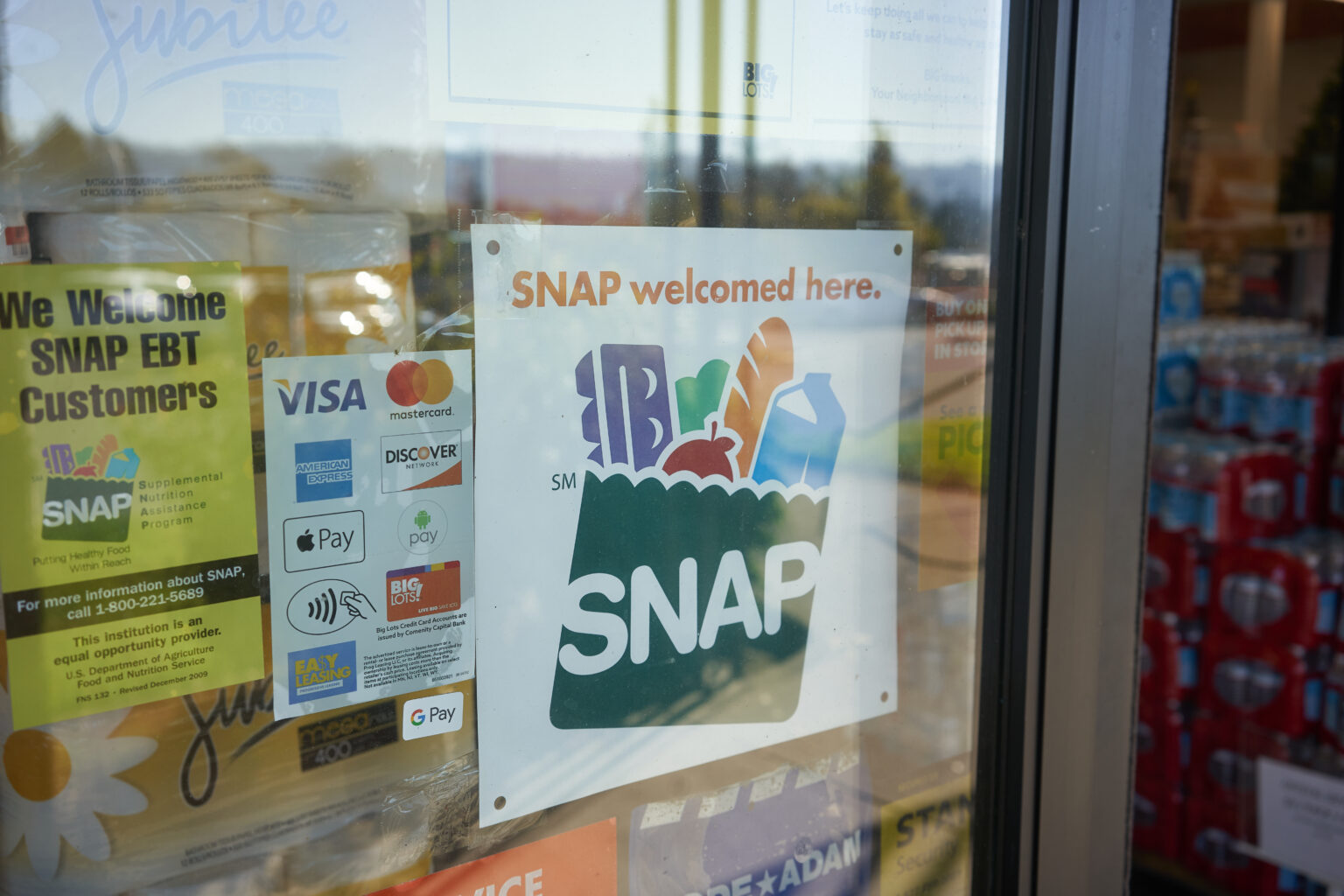New Provisions in Federal Legislation Could Undermine Food Assistance Accuracy
In their recent overhaul of tax and immigration laws, Republican lawmakers claimed their primary goal was to eliminate waste, fraud, and abuse within federal programs such as Medicaid and the Supplemental Nutrition Assistance Program (SNAP). However, a last-minute addition to the bill-designed to secure the support of Senator Lisa Murkowski (R-Alaska)-has raised concerns among critics. This provision may inadvertently incentivize some states to maintain or even increase errors in processing vital food assistance benefits.
The Role and Funding of SNAP: A Brief Overview
SNAP, formerly known as food stamps, has been a federally administered program managed by the Department of Agriculture since its inception. Traditionally, states have contributed 25% toward administrative expenses, with the federal government covering the remainder. The recent legislation, signed into law by President Donald Trump on July 4, 2023, introduces a new financial obligation for states: starting in 2028, they will be required to share in the costs of SNAP benefits themselves, based on their error rates in benefit distribution.
How Error Rates Influence State Contributions
The legislation initially aimed to penalize states with error rates exceeding 6% by requiring them to contribute a portion of their SNAP benefits starting in 2028. However, in the final hours of Senate negotiations, an exception was added. States with the highest error margins-those with error rates of 13.34% or higher-will see their start date for cost-sharing delayed until 2030. The rationale provided by Republicans is that this two-year postponement offers these states additional time to improve their accuracy in benefit distribution.
Which States Are Affected?
Based on current error rate data for 2024, states such as Alaska, Florida, Georgia, Maryland, Massachusetts, New Jersey, New Mexico, New York, Oregon, and the District of Columbia qualify for this delay. This adjustment effectively reduces immediate financial pressure on these states, potentially allowing them to avoid or postpone addressing systemic issues in their SNAP processing.
Potential Consequences of Delayed Penalties
Critics warn that postponing the financial repercussions for high-error states could have unintended negative effects. “This delay might actually discourage states from making efforts to reduce their error rates,” explains Gina Plata-Nino, deputy director of SNAP at the Food Research and Action Center. “Instead of incentivizing improvements, it could enable states to maintain or even accept higher error levels, knowing they can delay penalties.”
Political and Fiscal Implications
The decision to grant a two-year reprieve appears to reflect a recognition by some Republican senators of the potential harm this provision could cause to their states. Katie Bergh of the Center on Budget and Policy Priorities notes that states will need to find additional revenue or cut spending elsewhere to cover these new SNAP costs. Failure to do so could have severe repercussions for low-income families relying on assistance, potentially leading to reduced benefits or access.
Reactions from Lawmakers and Advocates
Senator Amy Klobuchar (D-Minnesota), the leading Democrat on the Senate Agriculture Committee, criticized the move on social media, stating, “They are rewarding errors,” highlighting concerns about the disincentive created by the delay. Meanwhile, Rep. Glenn Thompson (R-Pennsylvania), chair of the House Agriculture Committee, expressed confidence that the delay would not prevent states from eventually participating in the cost-sharing scheme, emphasizing the need for states to have “skin in the game” to improve service quality and control costs.
The Broader Context and Future Outlook
The modifications to SNAP funding were part of broader Republican efforts to offset the costs of recent tax cuts. The Congressional Budget Office estimated that the original provisions could cut federal spending on SNAP by approximately $295 billion over a decade. Although initial proposals targeted only Alaska for a carve-out, the Senate parliamentarian ultimately approved a more inclusive approach, delaying cost-sharing for all states with error rates above 13.34%.
Political Statements and State Perspectives
Murkowski, after voting to advance the bill, acknowledged the limitations of the legislation, stating, “While I worked to improve the bill for Alaska, it is not sufficient for the rest of the nation.” Her office did not comment further on the SNAP-related changes. Meanwhile, state officials like New Mexico House Speaker Javier Martinez expressed skepticism, viewing the delay as a temporary reprieve rather than a solution. “It’s just a game to give a tax break to the wealthy,” he remarked, emphasizing concerns about the law’s long-term impact on state budgets and vulnerable populations.
Final Thoughts
As the new legislation takes effect, the implications for SNAP accuracy and state accountability remain uncertain. While delays may provide short-term relief for some states, experts warn that they could undermine efforts to improve benefit distribution and ultimately harm low-income families who depend on these vital services. Policymakers will need to monitor the situation closely to ensure that the intended goals of efficiency and integrity in federal assistance programs are not compromised.

